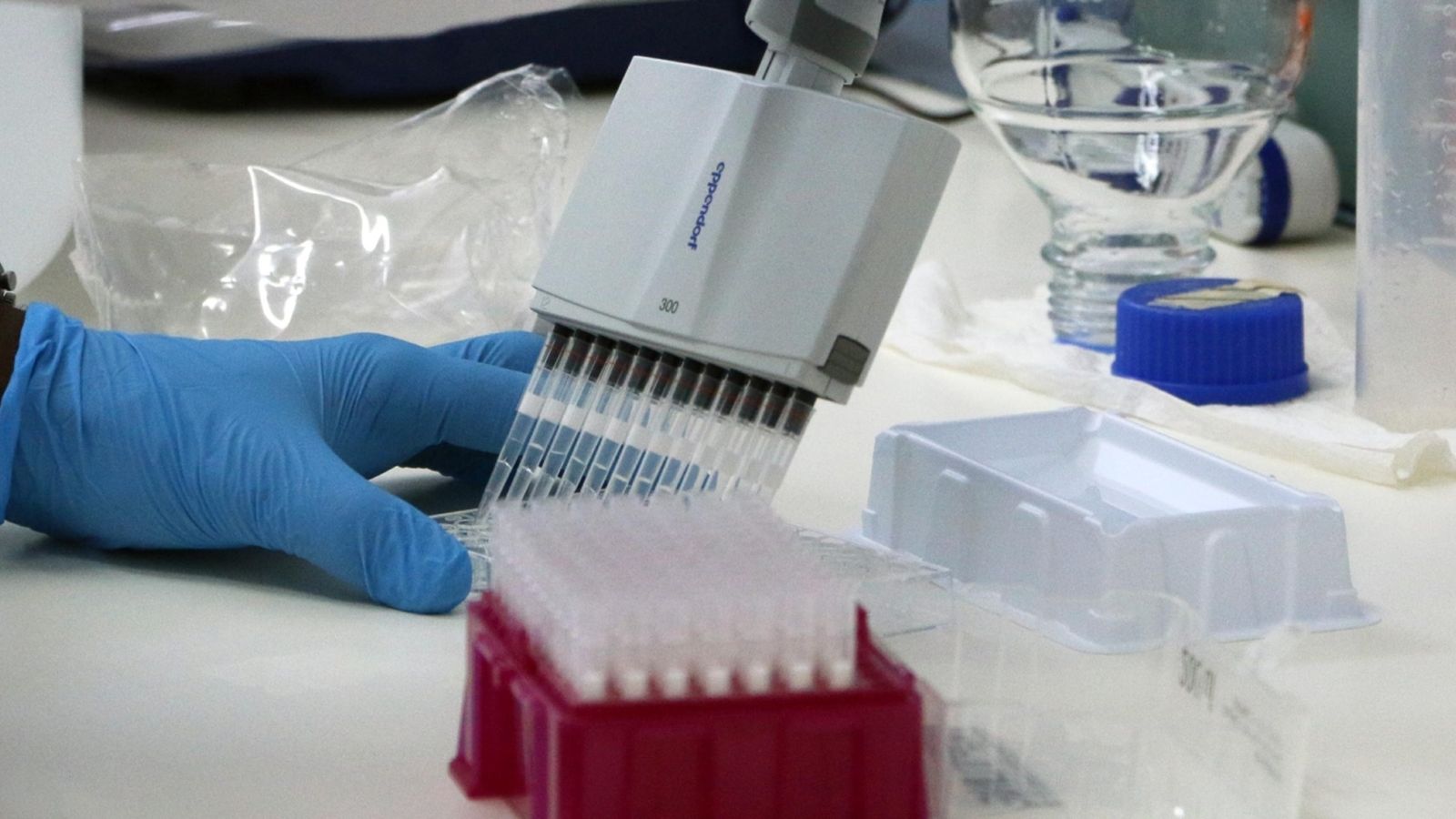Five health research projects in the PALOP countries

The projects were selected from among 75 applications and focus on a set of chronic diseases that have a significant impact on the population of these countries. With a funding of €150,000 and a duration of up to three years, each project should contribute to strengthening clinical research capabilities in research centres, thus consolidating knowledge about the diagnosis and treatment of these diseases.
In Cape Verde, the support will go to two projects: one in the field of oncology, led by researcher Pamela Borges, which, through equipment improvement and the implementation of advanced techniques in the recent Molecular Biology Laboratory at Agostinho Neto University Hospital, will enable genetic tests to be carried out so as to support and guide therapeutic decisions, personalized treatment selection and monitoring in Cape Verdean cancer patients; and another, led by researcher Isabel Araújo at the University of Cape Verde, with the aim of strengthening knowledge, prevention, diagnosis and treatment of respiratory diseases (such as asthma or allergic rhinitis) in Cape Verdean children.
In Mozambique, a research project led by scientist Carla Carrilho, at Eduardo Mondlane University, will look for alternative methods for diagnosing and treating breast cancer in places with few resources, by testing with the GeneXpert system, which is widely accessible in African hospitals.
Finally, the two projects carried out in Angola will be led by CISA – Angola’s Health Research Centre: one focused on a new treatment strategy for malaria – one of the diseases with the highest mortality rate in Africa – led by Elsa Fortes Gabriel; and the other, by Joana Morais, is dedicated to monitoring and treating Sickle Cell Disease in pregnant women, with the aim of contributing to reducing maternal and infant mortality in the country.
Since 2015, the Calouste Gulbenkian Foundation and the “la Caixa” Foundation have been collaborating in the field of health research in the PALOP countries. The two signed a collaboration protocol at the end of 2022 with the aim of developing a programme to encourage the countries’ scientific communities to carry out research projects that contribute to improving healthcare provision. This is how the We’Search programme was born, a call to strengthen scientific institutions and clinical research projects in the Portuguese-speaking African countries (PALOP).
This initiative represents a joint commitment amounting to €750,000 for the two foundations.
About the Calouste Gulbenkian Foundation
The Gulbenkian Foundation aims to contribute to a more equitable world through education, science and art in the PALOP countries. Its intervention in this field, under the scope of the Partnerships with Africa programme, currently focuses on three main areas: education in STEM (science, technology, engineering and mathematics), health sciences research and support for the internationalization of artists.
About “la Caixa” Foundation
The “la Caixa” Foundation is a non-profit organization founded under Spanish law, which aims, among other things, to contribute to the progress of people and societies, with special emphasis on the most vulnerable groups through the establishment of programmes, alliances or collaborations in various areas, including culture, social action, international cooperation, environmental protection and science, among others.
